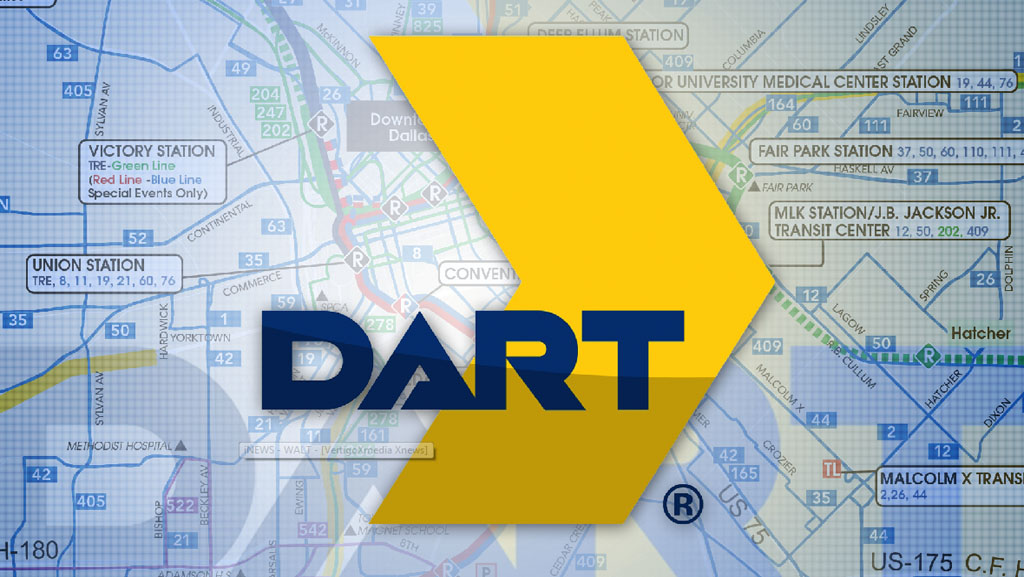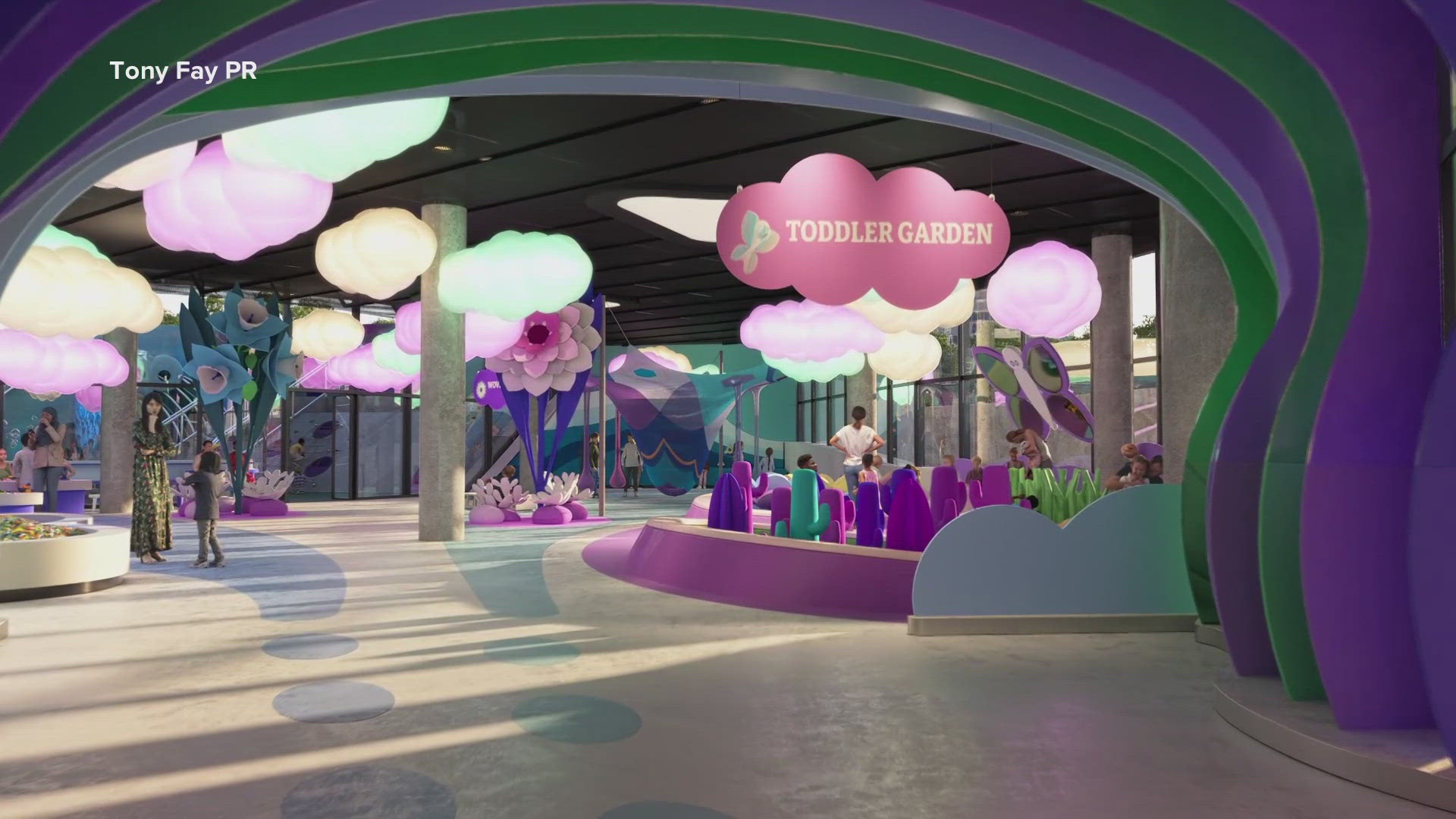DALLAS The Dallas Area Rapid Transit board approved a new plan Tuesday night to lure more cities into its rail and bus system by effectively allowing trial runs of public transportation.
Outside cities can now start small perhaps buying one bus route with the understanding and hope they ll eventually try to fully buy into the DART system.
It is a very historical event, said Walt Humann, considered the father of DART for leading the charge to mass transit almost 30 years ago.
He sat in the audience to watch the board s decision. It makes possible bringing in other cities into transit agencies after a long hiatus, Humann said.
DART is currently focusing its efforts on Arlington, clearly a prize for the transit agency. The city is home to major tourist attractions including Cowboys Stadium, Rangers Ballpark and Six Flags Over Texas. And with a population of 365,000, Arlington remains the largest city in the country without public transportation.
If Arlington becomes a transit-supporting member, what an example this will set for the entire region, said DART Chairman John Danish. Everyone will realize mass transit is critical for North Texas and the success of our region.
The decision marks a radical departure for DART. Since its inception in 1983, the agreement between DART and its member cities was clear: Residents in those cities would pay a portion of their sales tax to Dallas Area Rapid Transit. In return, the residents would enjoy exclusive access to public transportation.
Tuesday s move slightly loosens those strict requirements. Cities enter a pilot program with the understanding they ll eventually ask voters to devote a one-penny sales tax to DART.
We don't provide any a la carte services to a city unless they agree beyond 24 months they have to go through the membership process, said DART board member Mark Enoch.
If voters reject funding for the agency, DART will pull out within 30 days.
We want to do more than just date you, we want to marry you, Danish said.
In Arlington, DART is proposing a single bus route between the University of Texas at Arlington campus and the TrinityRailway Express CentrePort commuter rail station in Fort Worth. The service would start in the fall and cost Arlington at least $700,000.
Getting a full commitment to DART from Arlington could prove difficult, however. The city has already devoted all of its sales tax largely to luring entertainment complexes, like Cowboys Stadium.
But DART directors propose encouraging Arlington to begin to commit that money to mass transit once the stadium is paid off within the next 12 years.
They're going to have to have an election to join DART, Enoch said.
Tuesday s vote is the latest shift in the agency that began in 2011, when DART changed its charter to offer bus service to non-member cities. The following year, Mesquite took up the offer and is paying DART $300,000 a year for a single bus route.
The contract moves riders between a stadium and a DART rail station in neighboring Dallas.
Nobody s joined DART in some 20 years; you think anyone s going to run and join now? Mesquite s assistant city manager Jerry Dittman said last year when the bus service began. We need a regional transit system, not a country club, members-only transit system.
Letting Mesquite buy a single route ignited outrage from some of the transit agency s 13 member cities.
Over the years, they ve sent DART billions of dollars to build the expansive rail and bus network that now moves 220,000 people a day over 700 square miles.
In 2011, the 13 member cities funneled $400 million in sales taxes to DART.
Some cities like Glenn Heights have felt shortchanged. The town of 11,000 south of Dallas is one of the smallest members of DART. Each year, it sends the transit agency nearly $350,000, yet the town has only one bus route.
City leaders have said they now wish they had spent that money on recruiting new businesses.
DART supporters say the move helps the entire region by extending public transportation to more people and getting more cars off congested highways.
E-mail jbetz@wfaa.com


